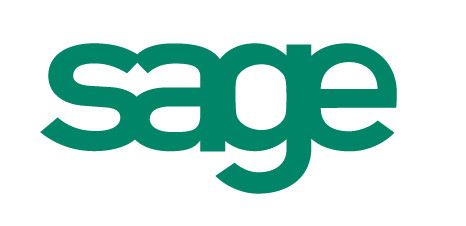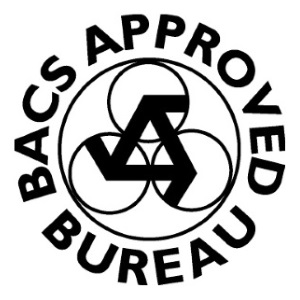Can I make my child a shareholder in my company?
There are some benefits to making a child a shareholder in your company, firstly for the child themselves. After all, the shares are a capital asset that should increase in value over time. Allotting shares in a family business to a child can form part of longer-term inheritance tax and capital gains tax planning.
Income over £100 is taxable to the parents
Settlement legislation means that any income over £100 that is paid or made available to a child or stepchild (including the child of a civil partner) from allotted shares, either directly or indirectly, would be deemed to be that of the parents for tax purposes.
It is a similar story if you create a trust where the child or stepchild is a beneficiary. For any income in a bare, discretionary or interest in possession trust, the income belonging to the child is treated as that of the parent for tax purposes, whether it is retained or paid to the child.
Legal restrictions
It is common for public companies to exclude children from holding shares, as they lack legal capacity and therefore are not bound by the usual contracts for payment. This also means they could relinquish their obligations at any time. Family-owned forms with minor shareholders therefore may find it difficult to attract funding and new investors. Banks sometimes need contracts to be signed by all shareholders, which a child would lack the legal capacity to sign.
Am I going to end up with a ball pool in the board room?
It’s probably not the worst idea your child will ever come up with, but don’t forget that, as a shareholder, they control part of the business. Relinquishing full control of your company means you may come up with opposition when it comes to new proposals or resolutions. It is also worth noting that children under 16 cannot be directors of a company.
You should also consider the effect on your other employees and stakeholders. Support from key staff is crucial to the success of any business, and anyone who is expecting to be rewarded for their loyalty and dedication with promotions or shares in the future may feel demotivated or overlooked. This is always a difficulty in ‘family-owned’ companies.
Other considerations
Different classes of shares can be set up to give flexibility of profit distribution. For example, a child may have non-voting shares, or the directors can pay different rates of dividends on the various classes. You should get professional advice on such schemes and take advice on share classes and designations from an expert.
You should always seek advice about your specific requirements before you act. Speak to one of our experts on 0161 476 9000 or contact us here.











